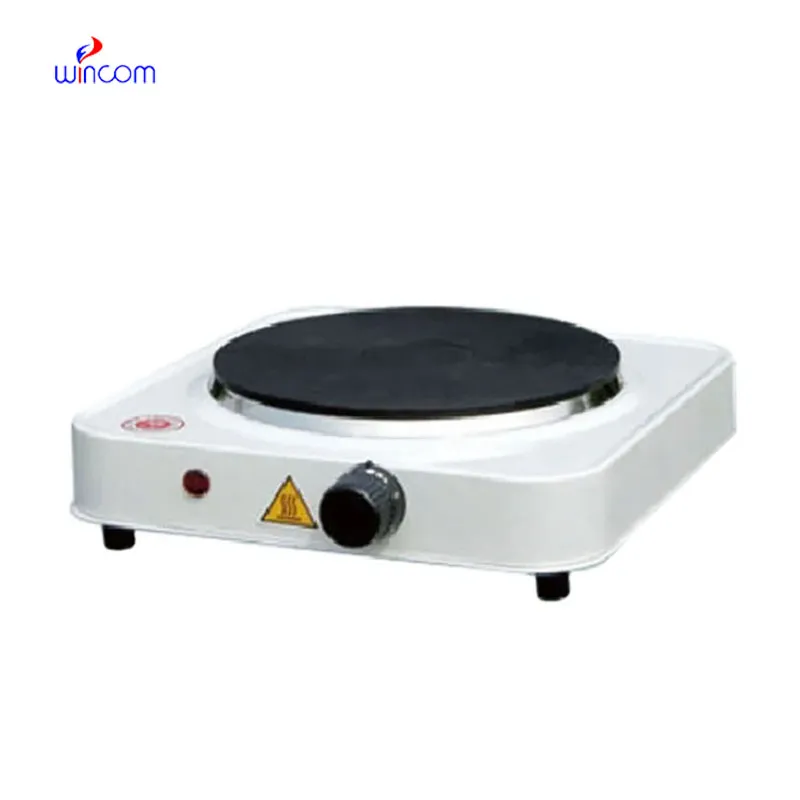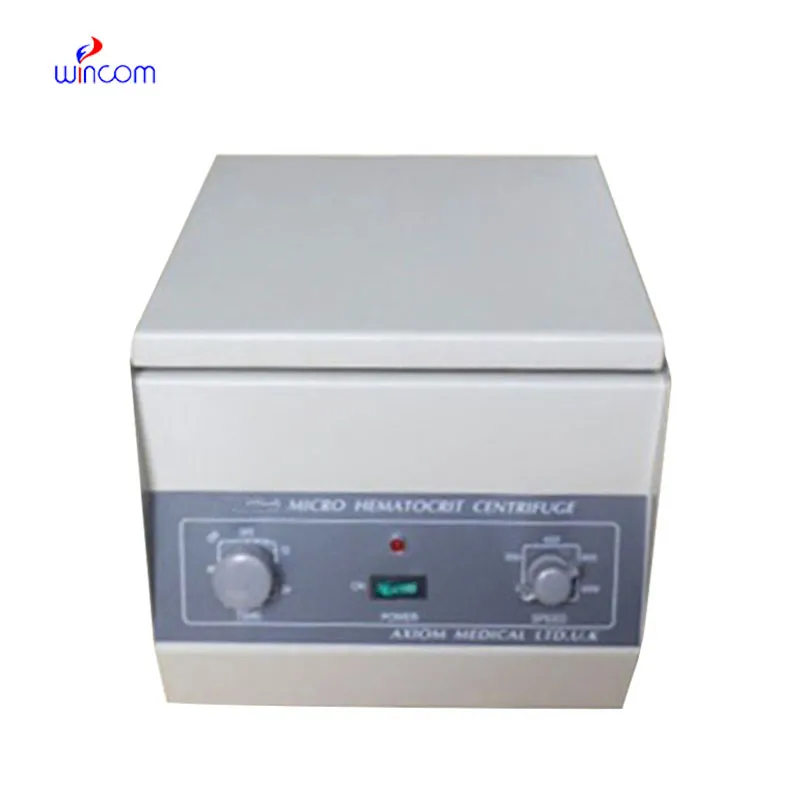
The portable mri machine cost features a large cylindrical magnet where a patient table opens into its interior to offer a stable and comfortable scanning experience. Gradient coils of high technology in the portable mri machine cost tilt magnetic fields to create images from different angles. Its digital control allows it to be accurate, uniform, and scan quickly for faster diagnosis.

The portable mri machine cost is used extensively in oncology to screen for tumors, check for response to treatment, and identify the makeup of tissue. It offers clean differentiation between healthy tissues and sick tissues. The portable mri machine cost enables early detection of brain, liver, and other organ cancers and allows for appropriate medical planning.

Future innovations of the portable mri machine cost will focus on sustainability and digital convergence. Low-energy superconducting systems and recyclable materials will bring MRI technology closer to the environment. The portable mri machine cost will also come with integration into AI databases that enable automatic clinical reporting and predictive modeling.

Routine upkeep and maintenance of the portable mri machine cost are essential to ensure safe and dependable operation. Regular checks must be conducted to confirm coil integrity, cooling capacity, and magnetic field stability. The portable mri machine cost room must be suitably maintained, temperature-controlled, and metal object-free to prevent magnetic interference as well as equipment damage.
The portable mri machine cost is significant in non-invasive medical imaging as it generates 3D images of internal anatomy of the body. It is particularly convenient in the diagnosis of soft tissue and nervous system disorders. Using the assistance of the portable mri machine cost, doctors are able to track the advancement of diseases and assess the efficacy of treatments with precise detail imaging.
Q: What happens if a patient is claustrophobic during an MRI scan? A: Patients who feel anxious or claustrophobic can request an open MRI machine or mild relaxation medication to make the experience more comfortable. Q: Can MRI detect joint and muscle injuries? A: Yes, MRI is highly effective for examining ligaments, tendons, and muscles, making it a key tool for diagnosing sports and orthopedic injuries. Q: What types of MRI scans are available? A: There are several types, including brain MRI, spinal MRI, cardiac MRI, and functional MRI, each tailored to different diagnostic purposes. Q: Are there any risks associated with MRI scans? A: MRI is generally very safe, though individuals with implanted devices, metallic fragments, or severe kidney conditions may require additional evaluation before scanning. Q: Can MRI scans monitor treatment progress? A: Yes, MRI can track changes in tumors, inflammation, or tissue healing over time, helping physicians assess treatment effectiveness.
The water bath performs consistently and maintains a stable temperature even during long experiments. It’s reliable and easy to operate.
The centrifuge operates quietly and efficiently. It’s compact but surprisingly powerful, making it perfect for daily lab use.
To protect the privacy of our buyers, only public service email domains like Gmail, Yahoo, and MSN will be displayed. Additionally, only a limited portion of the inquiry content will be shown.
Could you share the specifications and price for your hospital bed models? We’re looking for adjus...
Hello, I’m interested in your centrifuge models for laboratory use. Could you please send me more ...
E-mail: [email protected]
Tel: +86-731-84176622
+86-731-84136655
Address: Rm.1507,Xinsancheng Plaza. No.58, Renmin Road(E),Changsha,Hunan,China